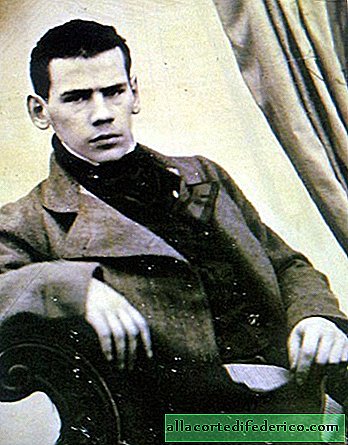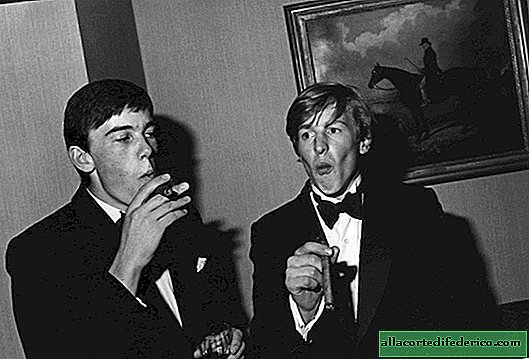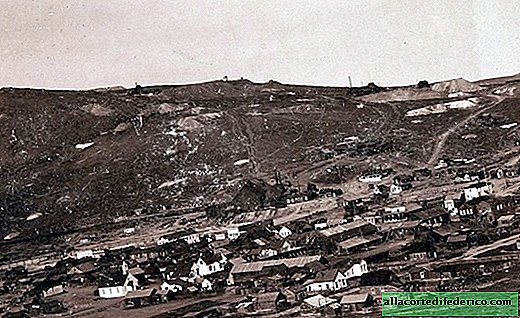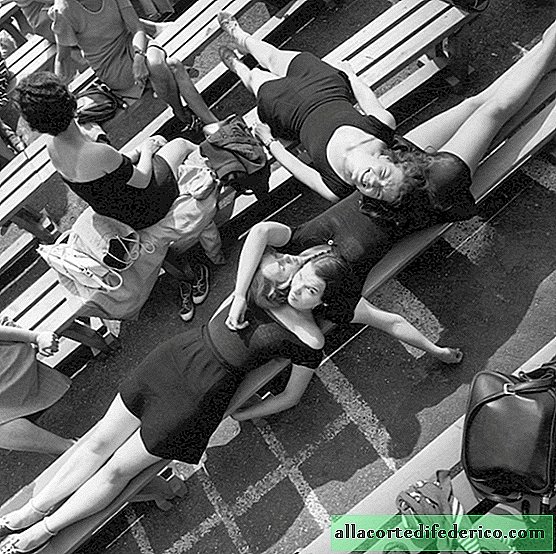Unusual facts from the student life of great people
At all times, students loved to have fun and have a meal. Today, when recollecting the student time, most often a dormitory, half-starved existence and carelessness comes to mind. If you look back at history, you come to the conclusion that little has changed in student life.
The very word "student" was first used in the sense, as we understand it, the Roman poet Ovid. Translated from Latin, it meant a person who worked diligently. But not all famous people actually met this requirement.
 Leo Tolstoy in his youth
Leo Tolstoy in his youthTake, for example, Count Leo Tolstoy. He never received a diploma of higher education. In his student years, he was much more interested in doing other things. At the university, Lev Nikolayevich was left for a second year because of unsuccessful exams in history and the German language. In the second year, the count was expelled of his own free will and no longer crossed the threshold of the university. And Leo Tolstoy studied as a lawyer. One day, he wrote that he quit the university precisely because he woke up to study.
Charles Darwin also had problems at the university. The great naturalist was not given mathematics. He wrote in his autobiography: "I honestly tried to learn this subject, but ... could not catch the point." All summer 1828 he studied with a tutor, but without any benefit.
 Students during class
Students during classProblems with algebra were Thomas Edison. At a certain stage, he stopped fighting this science and decided that it would be better to hire mathematicians for work. This did not stop him from inventing an incandescent lamp.
Lord Byron studied at Cambridge. Once he acquired a large collection of wines and gathered friends to have fun: "I invite you to a party in the company of poets, jockeys, boxers, players and priests." The next morning, he also recorded the consequences of a merry evening in a letter that began with the words: “My friend, I apologize for the stupidity of the letter, but the burgundy with which I spent the whole night yesterday will never leave my head.”
 Oxford students' walks
Oxford students' walksSometimes the fun continued in the classroom. In the 16th century, in Oxford, after a stormy night, a student fell asleep right at a lecture. The English poet conducting the lesson, Richard Corbet, went to the sleeping man and cut his silk stockings into small patches.
Other geniuses liked to be late for classes. But sometimes it was for the better. The mathematician George Danzig was late for the lecture. Seeing the formulas on the board, he took them for their homework. It took him several days to deal with them.
 The genius of mathematics George Danzig
The genius of mathematics George DanzigLater, when George passed the job to an astonished teacher, it turned out that these were two formulas that until now were considered unsolvable. Many professors and academics puzzled over them for many years, and George decided to do so, because he was afraid to get "unsuccessful."
Sometimes celebrities showed such zeal for learning that they scared others. The Swiss writer and humanist Thomas Platter, who lived in Basel in the 16th century, recalled how the cemetery watchmen were horrified by him.

The thirst for knowledge, or rather the desire to study anatomy, forced Thomas to dig up fresh graves. It all ended with the fact that the guards, seeing him, began to shoot from crossbows without warning.
University authorities tried to regulate the behavior of their wards. In the Model Student Handbook for 1495, they were forbidden to go to the market on Wednesday, talk nonsense, wash on Mondays, and much more. For disobedience, flogging was contemplated.

















